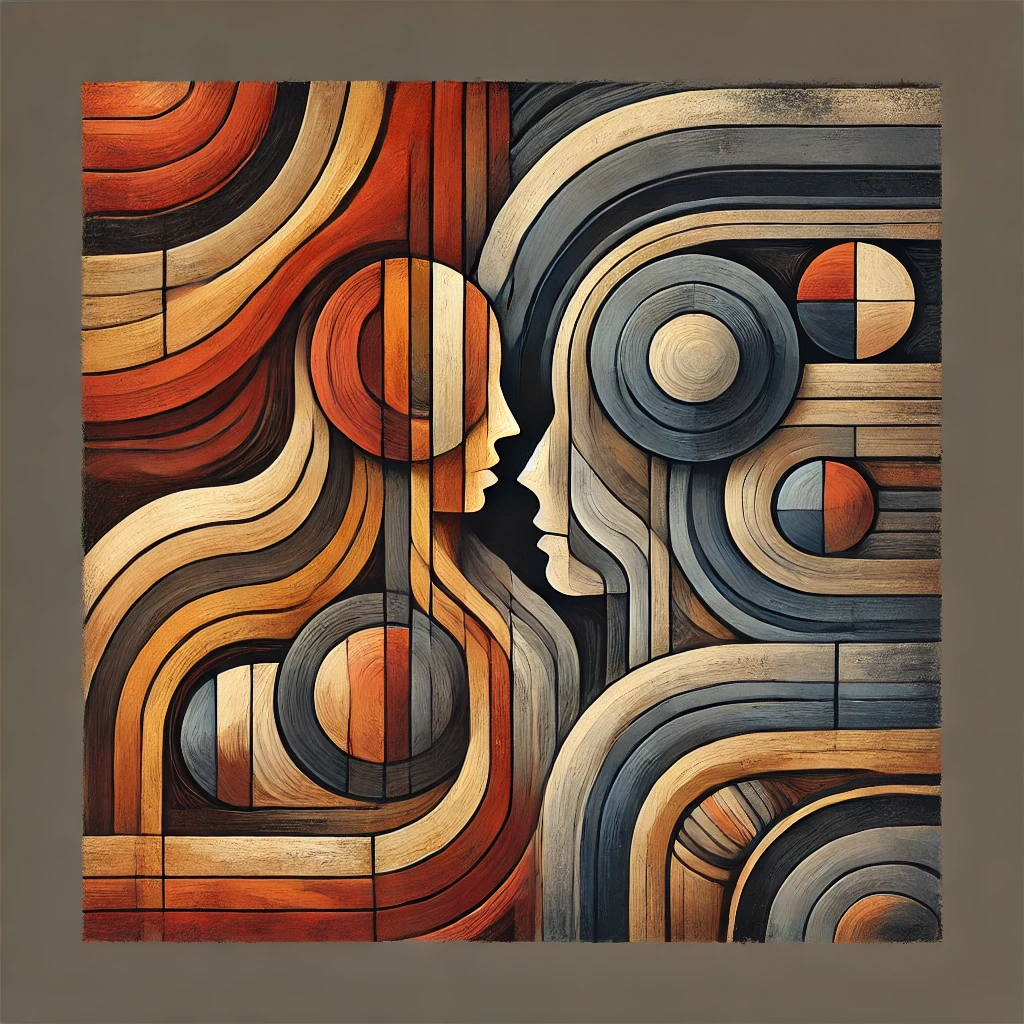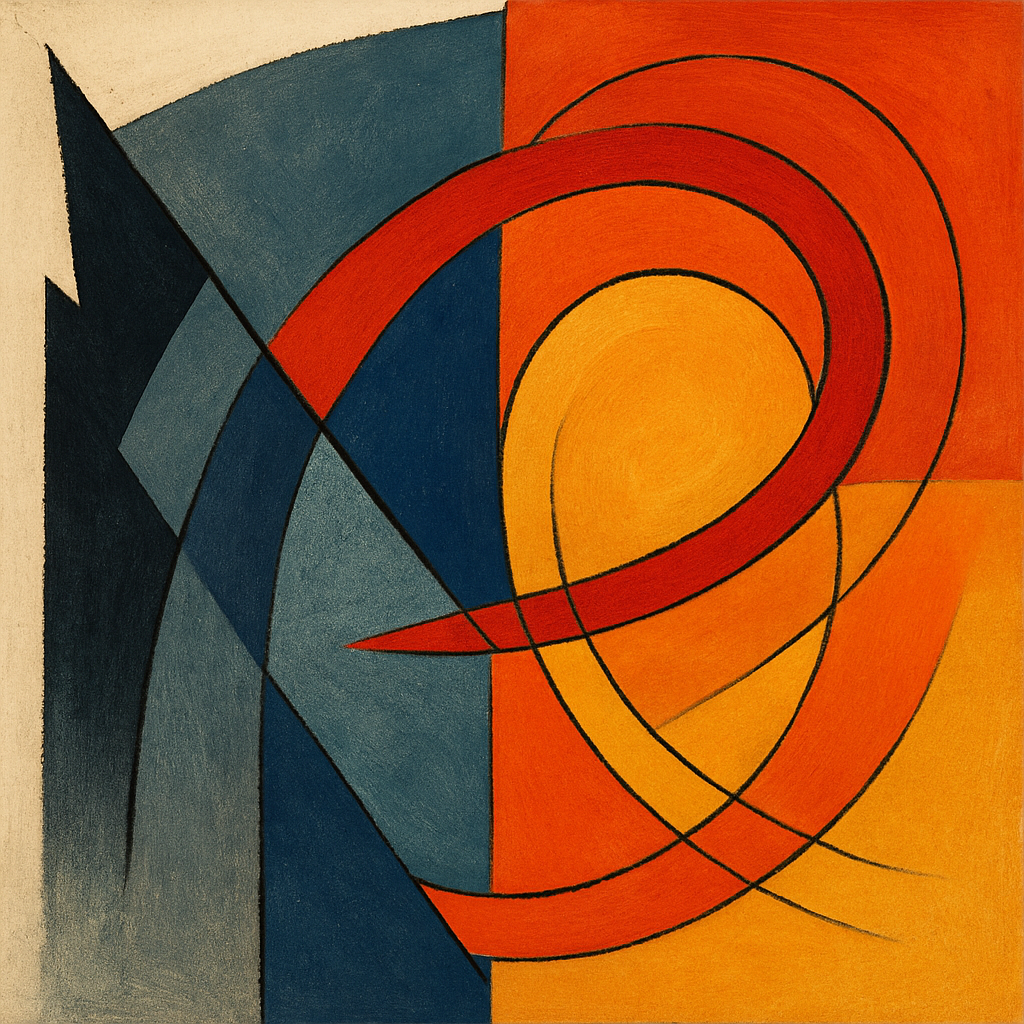
ChatGPT:
Marriage Fatigue at Seventy: Why Love Feels Different, and How to Rebalance
Imagine this scene: a group of seventy-year-old classmates gathered over coffee, each taking turns griping about their wives. One says, “She’s totally unreasonable, impossible to talk to.” Another insists, “I only feel free when she’s off traveling with her girlfriends.” A third mutters, “We fought so much on our last trip that she threatened to call the police.”
And yet, the same men later admit they still hold hands with their wives at concerts, or that they’d be lost without them—literally, since one confessed he doesn’t even know where his underwear is kept. Welcome to the world of marriage fatigue, the strange emotional territory where couples land after four or five decades together.
Love as an Addiction… Until It Isn’t
Neuroscience tells us that falling in love really is like taking a drug. Early romance floods the brain with dopamine, norepinephrine, and oxytocin, creating euphoria and obsession. Bryan Ferry sang it well: “Love is the drug.”
But like any drug, the brain adapts. What once gave you fireworks now barely registers. After years of marriage, the dopamine highs fade, replaced by the steadier comfort of oxytocin bonds. Instead of passion, the brain prioritizes security and companionship.
For younger couples, this is a gentle shift. For older couples, it’s magnified by aging brains: the prefrontal cortex (patience, self-control) weakens, while the amygdala (emotional reactivity) can become more sensitive. Translation: your partner’s quirks that you once found “adorable” may now feel like torture.
Familiar Stories, Familiar Brains
Take travel. For one couple, overseas trips were so stressful that fights escalated until police were nearly involved. Airports, lost luggage, and unfamiliar routines overloaded their aging brains, triggering cortisol and amygdala flare-ups. Now they don’t travel abroad, but they still hold hands at concerts. Why? Because concerts are low-stress, high-reward environments: sit down, enjoy music, release oxytocin.
Another husband swore he only felt relief when his wife was away, accusing her of controlling every move he made. Yet his wife pointed out he couldn’t even find his underwear without her. Here we see the dependency–autonomy paradox: his brain craves independence, but decades of letting her run the household left his own executive circuits undeveloped. He resents her control but can’t function without it—classic addiction logic.
Others avoid the problem entirely by living apart. Some classmates now reside in different houses, even different countries, while still married. Neuroscientifically, this is harm reduction. Less daily friction means fewer irritations. Absence makes the brain fonder—for a while. The danger is that distance eventually erodes the bond until nothing is left but a legal contract.
And then there’s the “silent marriage”: couples who share a roof but no words, like polite strangers. On the outside, this looks peaceful. On the inside, it’s emotional flatlining. The cortisol of fighting is gone, but so is the dopamine of connection. It’s not romance, it’s anesthesia.
Fatigue ≠ Failure
Here’s the good news: none of these scenarios mean love is impossible at seventy. They mean the form of love has changed. Passion isn’t the measure of success—companionship is.
Counselors often say a long marriage is not one relationship but many, reinvented over time. Neuroscience agrees: the brain can still form new bonds in late life, though it takes smaller, more intentional steps.
A Starter Kit for Rebonding
So how do seniors fight marriage fatigue? Not with grand gestures—aging brains don’t need Paris, they need peace. Here’s a late-life bonding starter kit:
- Micro-Affection Rituals: A kiss goodnight, holding hands at concerts, saying “thank you.” Small, repeated gestures release oxytocin and slowly retrain the brain to see the partner as rewarding again.
- Low-Stress Novelty: Forget exotic vacations. Try a new restaurant, a local art class, or a day trip. The brain loves novelty, but older brains need novelty without chaos.
- Memory Lane: Revisit the place you met, look at old photos, or recreate your first date. Nostalgia reactivates dormant reward pathways linked to early love.
- Purpose Projects: Volunteer together, plan a family gathering, or grow a garden. Shared goals release dopamine for achievement and oxytocin for teamwork.
- Micro Check-Ins: Once a week, ask, “What was the best and worst moment of your week?” No debates, no fixing—just listening. Intimacy without the therapy bill.
- Community Expansion: Friends, clubs, choirs—building social networks reduces pressure on one spouse to be the other’s entire world. Ironically, more outside connection can strengthen the marriage.
Laughing Through It
Humor might be the most underrated bond-builder. Neuroscience shows laughter lowers cortisol and strengthens bonds. And let’s be honest: if you can’t laugh about fighting over underwear drawers or threatening to call the police in Rome, what’s left?
The Last Lap
At seventy, marriage fatigue is not a failure—it’s a predictable stage. The brain no longer chases dopamine highs, but it still craves oxytocin comfort. Couples who adapt—by lowering stress, creating small rituals, and finding humor—can still rewire their relationships toward warmth.
No, it won’t feel like the honeymoon again. But it doesn’t need to. Love at this stage is not about passion or drama; it’s about looking at the person you’ve survived life with and realizing: We’re still here. And maybe, just maybe, we can enjoy these last laps together.

